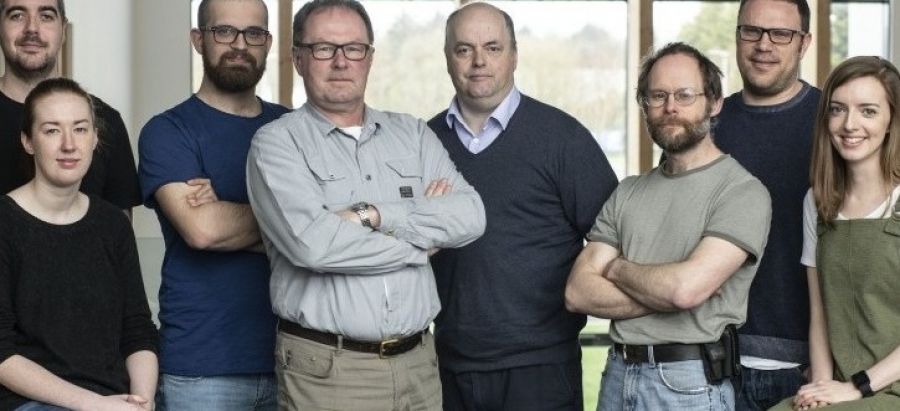Page content
An appreciation of the role of microorganisms is fundamental to our understanding of nutrition and human health. The human gut microbiome is now regarded as a separate organ and the resident microorganisms play pivotal roles in the health of the host.
This recent knowledge has built upon our long-standing appreciation of microorganisms as agents of disease as well as their central role in food production, food spoilage and foodborne illness.
The microbiology group are actively involved in researching these topics via cross-cutting research themes with other NICHE groups and other Faculties within Ulster University, as well collaborations with external organisations both nationally and internationally.
We have extensive experience of the recovery of bacteria from different types of environments such as human and animal bodies, water (both fresh and marine), soil and various industrial settings. We have published extensively on human pathogens whose laboratory cultivation is particularly challenging; obligate anaerobic bacteria (Clostridium botulinum and C. difficle); microaerophilic bacteria (Campylobacter and Helicobacter) as well as organisms that defy laboratory cultivation (the protist Cryptosporidium).
To complement our expertise in cultivation we employ current molecular biology approaches such as genomics, proteomics, qPCR and RNAseq in combination with more traditional light and electron microscopy techniques.
Current research activities
Our current research activities are based around a number of themes;
- understanding the role of the human microbiome in health and disease, especially acne, medical device and bone infections, and cancer
- evaluating the effect of ageing on the human microbiome
- elucidating how gastrointestinal bacterial pathogens construct and maintain biofilm-communities
- developing cost effective systems to treat and monitor drinking water safety in resource poor communities
- understanding how environmental influences modulate antibiotic resistance transfer among multi-resistant bacteria such as Vancomycin Resistant Enterococci
- microbial fermentations for food and related industries
- investigating novel control methods, such as controlled antibiotic delivery as well as antibacterial activities of natural materials, that could be employed to reduce biofilm in chronic wounds.
We have actively engaged with industrial partners in both short and long-term projects supported via schemes such as the Innovation Vouchers, CAST awards, KTP projects etc. as well as via direct consultancy contracts.

















